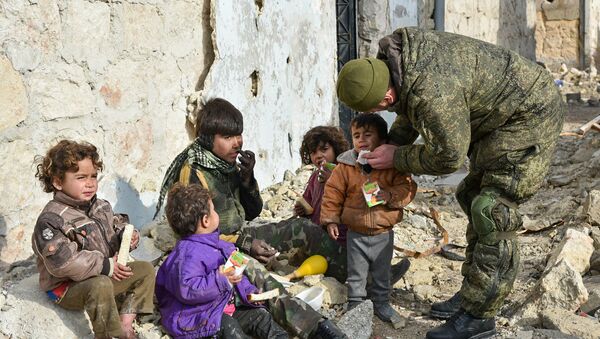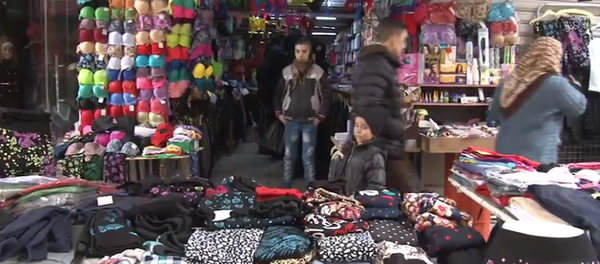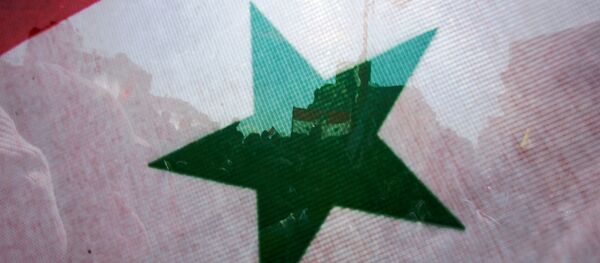MOSCOW (Sputnik) — The International Committee of the Red Cross (ICRC) appreciates Russia’s humanitarian work in Syria and greatly values the help it has provided to the aid charity, ICRC President Peter Maurer told Sputnik.
"We do appreciate the very close contacts we do have with Russia in Syria. They are extremely helpful to the work of ICRC. We appreciate all the work that Russia is doing on a large scale of issues and our delegation in Syria as well as the Russian embassy keeps close contact to see how we can coordinate, reinforce, what we can do together in the humanitarian response," Maurer said.
Additionally, Russia has been delivering humanitarian aid, including food, water and other essentials, to Syrians across the country, which has seen over six years of fighting. Russian military aircraft have also helped the UN bring relief aid to the provinces of Damascus, Homs, Daraa, and Deir ez-Zor.
Establishing of Syria Safety Zones Near Hospitals Needs to Be Discussed With Russia
The possibility of establishment safety zones near hospitals in Syria needs to be discussed with Russia, Maurer told Sputnik.
Earlier in the day, speaking at the "Supporting the future of Syria and the region" conference in Brussels, Maurer called for the establishment of demilitarized zones around critical Syrian infrastructure such as hospitals and schools, which should be respected by the Syrian authorities as well as opposition armed groups.
“The Geneva convention foresee safety zones around hospitals. It is important that we consider whether this concept can be useful on the ground and it is obvious that Russia will be one of the key actors that would have to consider such a proposal. We would have to discuss this with the Russian Federation and to look at the Russian experiences and considerations with regard to the possibilities and constraints of such a proposal,” Maurer said.
He added that the safety zones were “clearly humanitarian in purpose” and not an alternative to political or military solutions.
“There is no safety zone that can be imposed, they only can be negotiated by the parties who is there. All actors on the ground, who can disrupt a safety zone, should be able to consent to a safety zone,” Maurer stressed.
Maurer stressed safe havens would not "come in the public space" and "it will be part of ICRC humanitarian diplomacy."
"We are talking about the Geneva Convention and safety zones which are based on the consensus of the parties on the ground around critical facilities, in particular medical facilities," he said.
Russia’s Foreign Minister Sergei Lavrov said earlier that safe havens inside Syria, where refugees could feel protected, required a lot of practical coordination with Syrian authorities.
The civil war in Syria has been lasting for around six years with government troops fighting against numerous opposition factions and terror organizations such as al-Nusra Front and Daesh, outlawed in Russia.
The nationwide Syrian ceasefire regime was introduced on December 30, 2016. Terrorist organizations are not part of the ceasefire.




